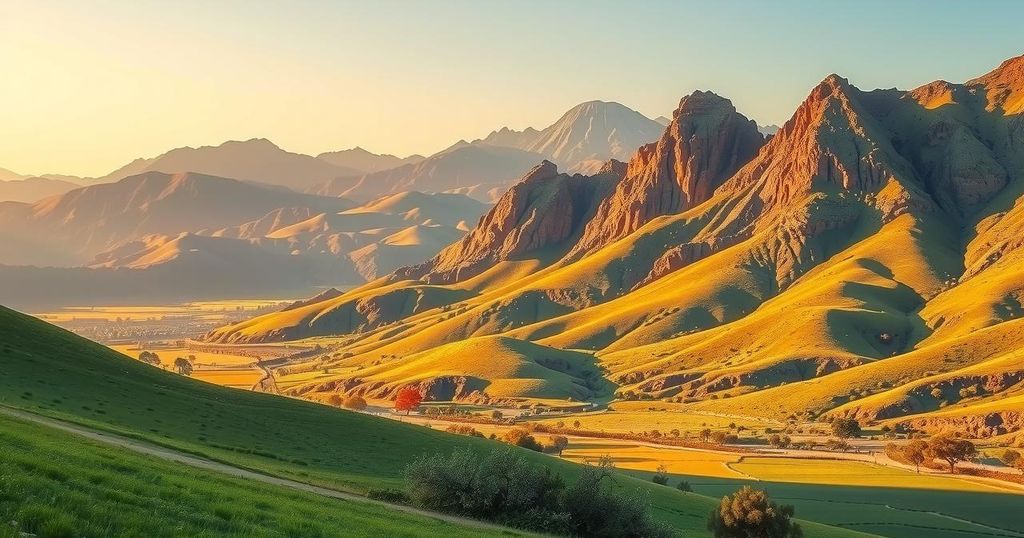Ethiopia Faces Rising Tensions Amid USAID Aid Suspension
Ethiopia is facing heightened tensions following President Donald Trump’s suspension of USAID aid for three months, raising fears of an imminent conflict with Eritrea. This situation marks a critical point for the nation, as the aid freeze threatens to exacerbate existing issues and conflict dynamics.
Ethiopia has experienced a heightened level of tension, particularly following the recent decision by President Donald Trump to suspend all United States Agency for International Development (USAID) aid for three months. Previously, Ethiopia ranked as the largest recipient of U.S. aid in sub-Saharan Africa. This significant reduction in assistance has fostered concerns regarding the potential for renewed conflict with Eritrea, a neighboring nation.
The cessation of U.S. aid raises alarms among observers who fear that the political and military landscape in the region may worsen. Heightened conflicts could arise not only from existing tensions but also due to the implications of reduced international support. Many hope for a diplomatic resolution to avert further escalation in the situation, as Ethiopia grapples with internal and external challenges.
This scenario illustrates a critical juncture for Ethiopia and its relations with the United States and neighboring countries. The ongoing conflict, exacerbated by the aid freeze, requires immediate attention to foster stability and prevent further deterioration. Continued surveillance and strategic interventions will be essential in managing the complex dynamics of the region.
The suspension of USAID to Ethiopia places the nation at a precarious threshold, with fears growing that conflict with Eritrea could reignite. This development undermines Ethiopia’s position as a leading recipient of U.S. aid in sub-Saharan Africa and highlights the urgent need for diplomatic efforts to alleviate escalating tensions. Enhancing support and fostering dialogue will be crucial to stabilize the region and address the unfolding humanitarian implications.
Original Source: www.dw.com




Post Comment